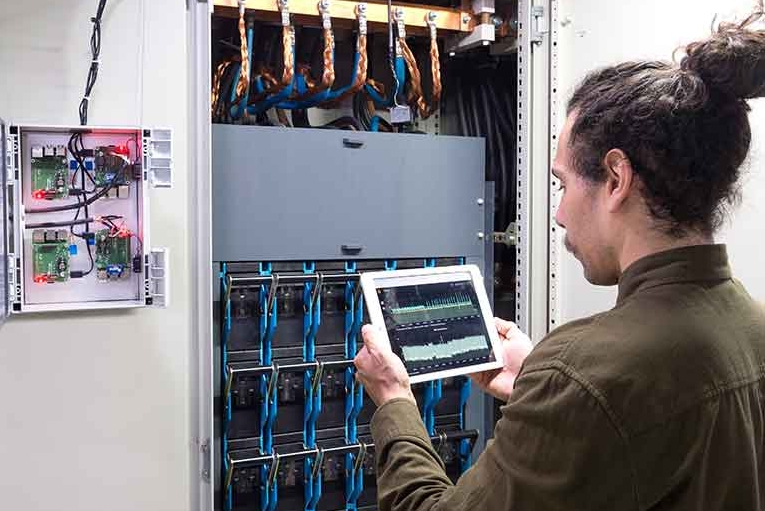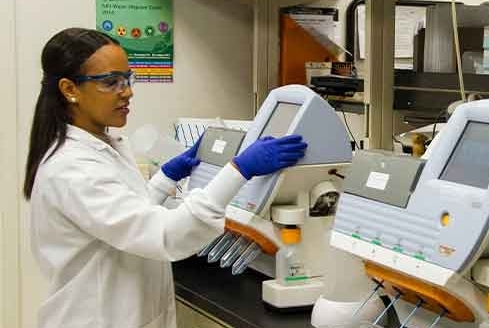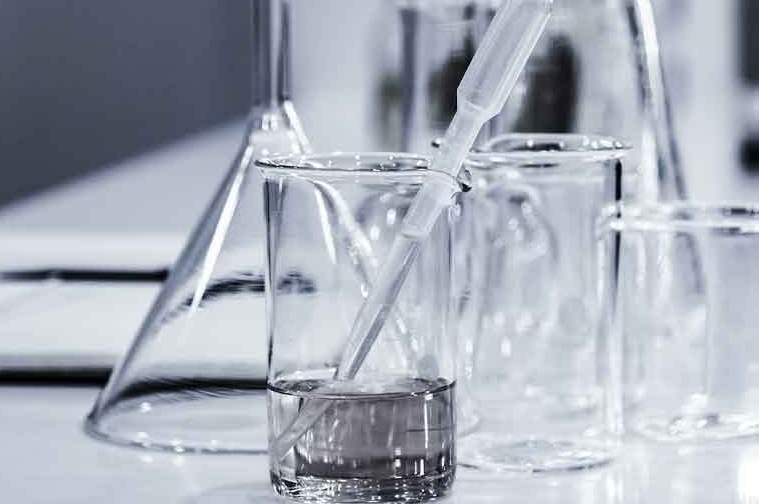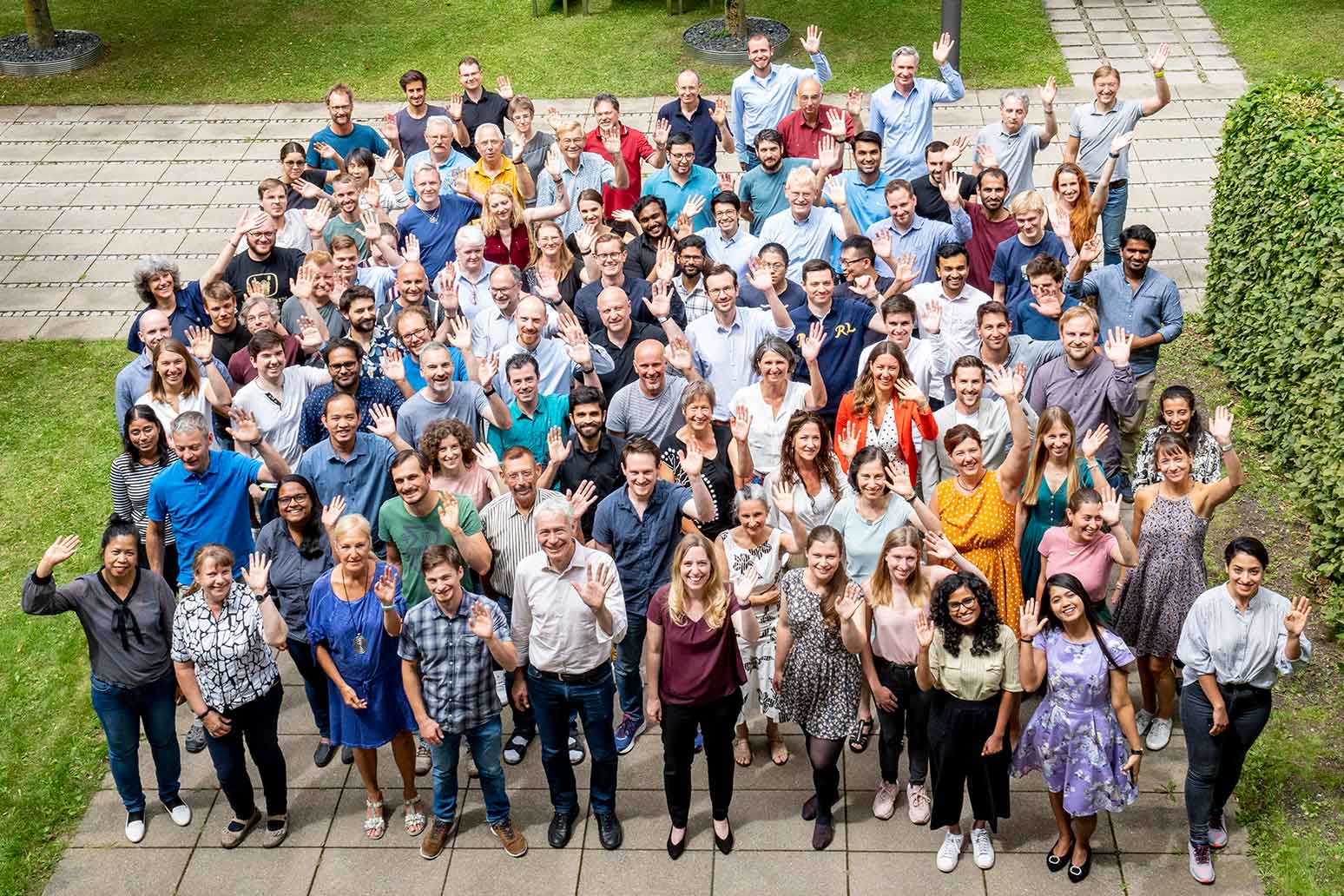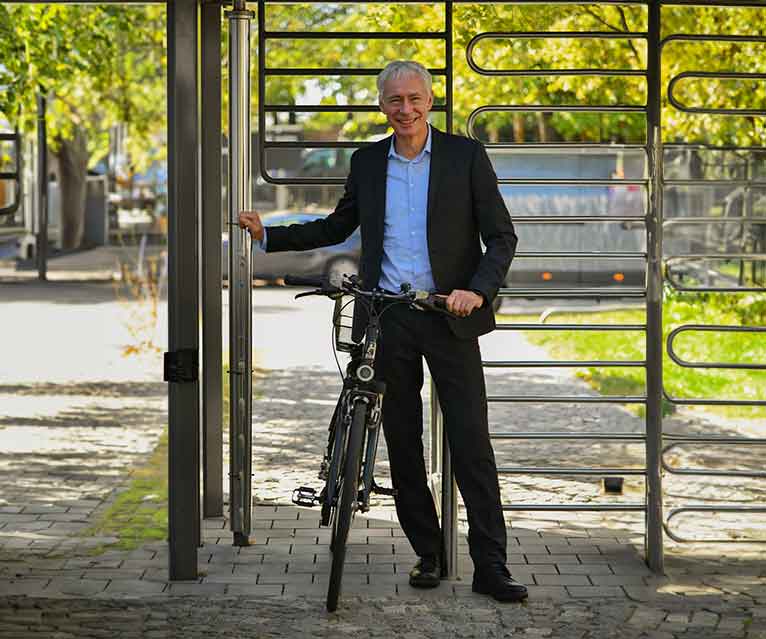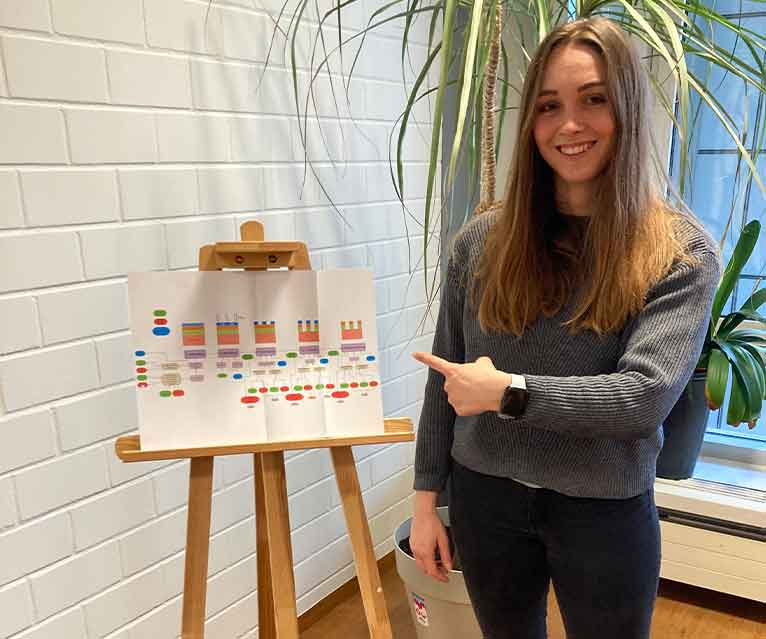Our perception of sustainability
Climate change is one of the greatest challenges of our time and has far-reaching implications on various areas, including research and development. Resource efficiency and sustainability are becoming increasingly important – also in the research landscape. With our focus on applied research, we are at the beginning of the innovation chain. In this position we have a special responsibility, as a multiplier for the implementation of greater sustainability in industrial manufacturing.
Securing technological sovereignty is an important prerequisite for social and economic sustainability in Germany and Europe and a strategic goal for the Fraunhofer EMFT. We make an important contribution to this by developing innovative and forward-looking technologies and translating them into applications. In doing so, we work closely with partners from industry and other research institutions and actively participate in joint bodies and initiatives, for example BCA.
For us and our team of over 150 employees, acting sustainably means addressing the issue intensively and holistically. We are continuously working on permanently integrating the ecological, economic and social aspects of sustainability into our activities - both in daily institute operations and in our research and development topics. We are on the right track and can also move even more within the company - to become a little more sustainable every day.

